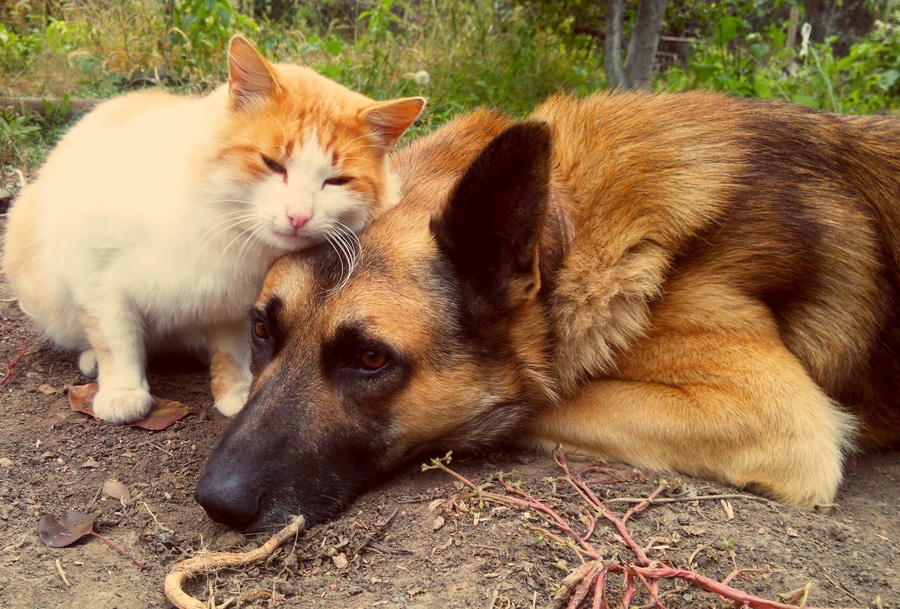Nowadays, as I have deep conversations with different friends, one topic we always encounter is friendship with other friends. Starting with the cheerful memories in childhood, we often end up with lamenting how far we are now from our old folks.
Some people might have used to be our best friends but now hardly appear in our routine life.
Some people might be the ones we miss very much but we will find nothing to talk with them when we eventually have the chance to see them again.
More and more often, we find that friends around us are changing. We are always surrounded by waves of friends but we still feel lonely. Isn’t that a paradox?
As I look into our friendship patterns, I realize that geographical closeness and frequency of interactions are important factors of building friendship when we were young. In childhood, everyone lived so close to one another that we got plenty of time to play with each other and get to know each other. As we interacted, our differences in personality or ideas would not matter so much as long as we had time to hang out and have fun. However, after middle school, a lot of us would go to different schools and gradually move out the original neighborhoods.The lack of opportunities to see each other made it so difficult for us to keep up with one another’s life. Even if we still stayed in the same neighborhoods, since we had new classmates in new schools and were so occupied with work, we would gradually be less interested in one another’s life. As time passed, our lives would follow so many different directions that our relationships would no longer be close.
However, geographical closeness and frequency of interactions are not the main stories. If so, we could all become super intimate friends with our college folks. I guess, as we grow up, we take some more important factors into consideration.
Several years ago, I heard someone talk about how we choose our best friends: “Your best friend might seem very different from you in personality, actions, words, or interests. But in fact, you two are the same people in essence.” In my opinion, this “essence” differs depending on your perspectives.
For example, one of my friends sees talent as the most important factor in choosing friends. A talented painter and violinist himself, he seeks people’s special artistic talents and taste. He would love to befriend those who have a strong passion for arts as well as for life.
For me, I used to see personality and common interests very important in different times. However, I later made some great friends who have vastly different personality from me while I failed to make friends with those I thought were similar to me. I bonded with some people because of a specific set of common goals, but I later found that I did not enjoy the time with them at all. It is after all of these explorations that I eventually appreciate most the importance of compatibility of emotion and thoughts.
What I mean is that I find it so easy to make friends with those who can resonate with my feelings when I tell a story, those who can understand what I mean when I talk about common but subtle vocabularies like “happiness” and “freedom.” In return, my heart also echoes with their feelings and experiences. I might be very frustrated even if I am with a group of friends because none of them can share my feelings or thoughts, but I would feel very satisfied knowing that my best friends who understand me most exist – no matter how far away they may be.


